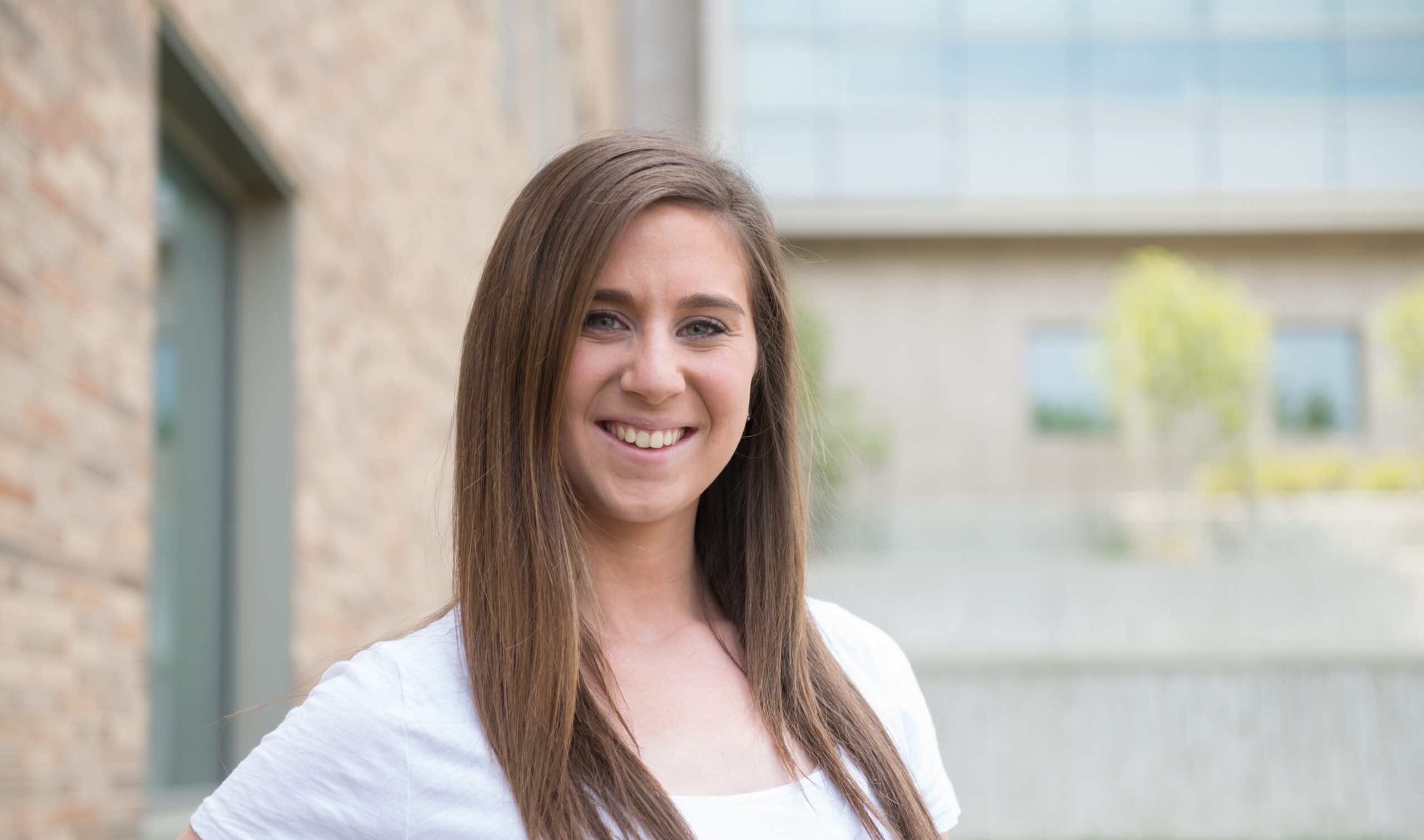Responding to the rapid growth of the cybersecurity industry, including a steep uptick in the demand for qualified cybersecurity professionals, Lauren Mazzoli ‘15, computer science and mathematics, and Eric Conn ‘85, computer science, joined President Freeman Hrabowski for “Building the Cyber Workforce,” a livestreamed, interactive conversation hosted by Northrop Grumman.
The panelists discussed how to engage young students in cybersecurity, what cybersecurity professionals do day-to-day, and the importance of partnerships between academic institutions and industry leaders, to create internship and research opportunities for students. Mazzoli, a cyber software engineer at Northrop Grumman, decided to pursue a career in cybersecurity after she was required to take a computer science course as part of her math degree at UMBC. “I got over the intimidation factor and…[realized] it was okay that I didn’t know everything,” she said.
UMBC’s Cyber Scholars program supported Mazzoli through challenging courses, and helped her learn more about the industry, connecting her with experts from various areas of the cybersecurity industry as well as other students who shared her interest in the field. Mazzoli explained that she found it helpful to “get a little taste here and there” of different career pathways in the profession, “since cybersecurity is so big and so broad.” And once the door to the field was opened, she said, “I realized that I could do it if I worked hard enough.”
President Hrabowski firmly agreed. “Anyone can do math or computer science,” he said, arguing that educators need to push back against stereotypes about who succeeds in STEM if they are to effectively engage students from diverse backgrounds in cybersecurity. “We have to stop thinking ‘these kids are good at math and science, and these [students] are not’. We [at UMBC] use the word ‘grit’…It’s about how hard you are willing to work, to ask questions, to get involved, to get help.”
Hrabowski highlighted several ways that young students learn about computer science and other STEM areas at UMBC, including a Mind, Body & Coding summer camp for middle school girls. He noted, “starting in middle school and all the way up to graduate programs, you’ve got an ecosystem developing in Maryland, including teaching teachers in K-12 how to go about teaching these courses in computer science that can lead to cybersecurity”.
Conn, co-founder and CEO of the tech company Leverage, encouraged students and professionals at all levels to explore their interests in technology and shared that, ultimately the success of a company like his is all about the people. “I’ve been running software companies for 20 years, and software companies are driven by people,” he emphasized, noting that talented and driven employees are his largest investment, and he prioritizes ongoing training for them as his company grows.
That continuous professional growth is key, Mazzoli agreed: “in this growing field of cybersecurity…things change every single day.”
Watch the full panel discussion on the Northrop Grumman YouTube channel. Read “How to build ideal candidates for all those cybersecurity job openings” in The Christian Science Monitor.
Image: Lauren Mazzoli at UMBC in 2015. Photo by Marlayna Demond ’11 for UMBC.
Tags: Alumni, COEIT, CSEE, CyberScholars, Cybersecurity, Hrabowski

